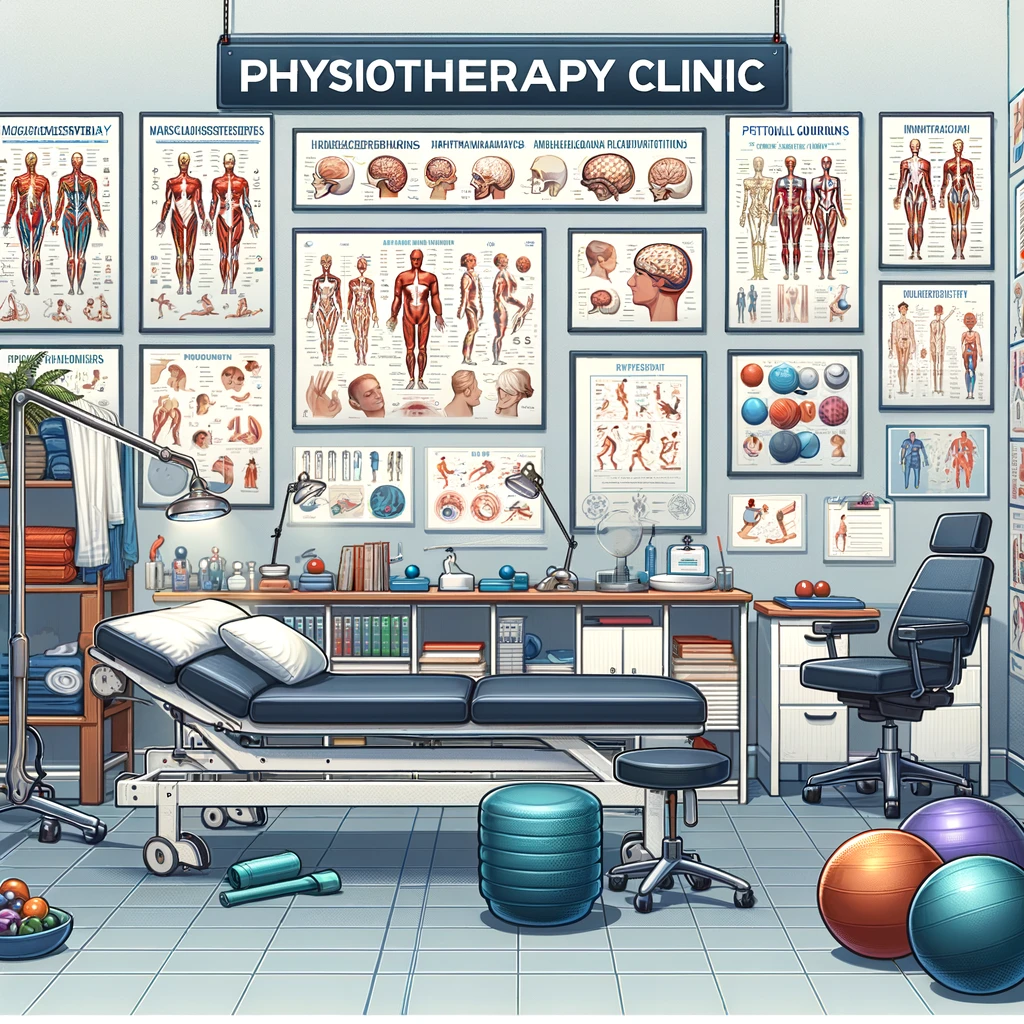top of page
Medical condition/treatment
Temporomandibular joint dysfunction (TMD)
disc prolapse
Temporomandibular joint
disc prolapse
Temporomandibular joint dysfunction, also known as craniomandibular dysfunction (TMD), affects the jaw joints and causes pain when chewing, speaking, and yawning. The exact cause can be varied, including stress, misaligned teeth, or teeth grinding. Treatment includes dental corrections, physical therapy, mouth splints and relaxation techniques. Careful diagnosis and individualized therapy are crucial for relieving TMD symptoms.
Causes/Description:
Teeth grinding, stress, genetic predisposition

disc prolapse
Physiotherapie, Schmerzen im Kiefergelenk, Kieferverspannungen, Zahnfehlstellungen, Stress, Entspannung

25 min

50 min
295 Swiss francs
50 min
260 Swiss francs
50 min
260 Swiss francs
25 min
KK & IV
45 min
KK & IV
1 hr 25 min
245 Swiss francs
50 min
235 Swiss francs
1 hr 25 min
245 Swiss francs Available OnlineRead More
Available OnlineRead MoreTogether on the road to recovery: Pediatric physiotherapy via video consultation with experts
50 min
260 Swiss francs
disc prolapse
Temporomandibular joint dysfunction, also known as craniomandibular dysfunction (TMD), can be caused by misaligned teeth, stress, or overuse of the jaw joints.
disc prolapse
Treatment for TMD may include physical therapy exercises to relax the chewing muscles and improve jaw mobility. Wearing a bite splint can be helpful. In severe cases, surgery may be necessary. A dentist or oral surgeon can discuss the best course of action.
disc prolapse
Temporomandibular joint dysfunction was first documented in the 19th century and affects the jaw joint. Fact: It can cause jaw pain and discomfort.
bottom of page





























































